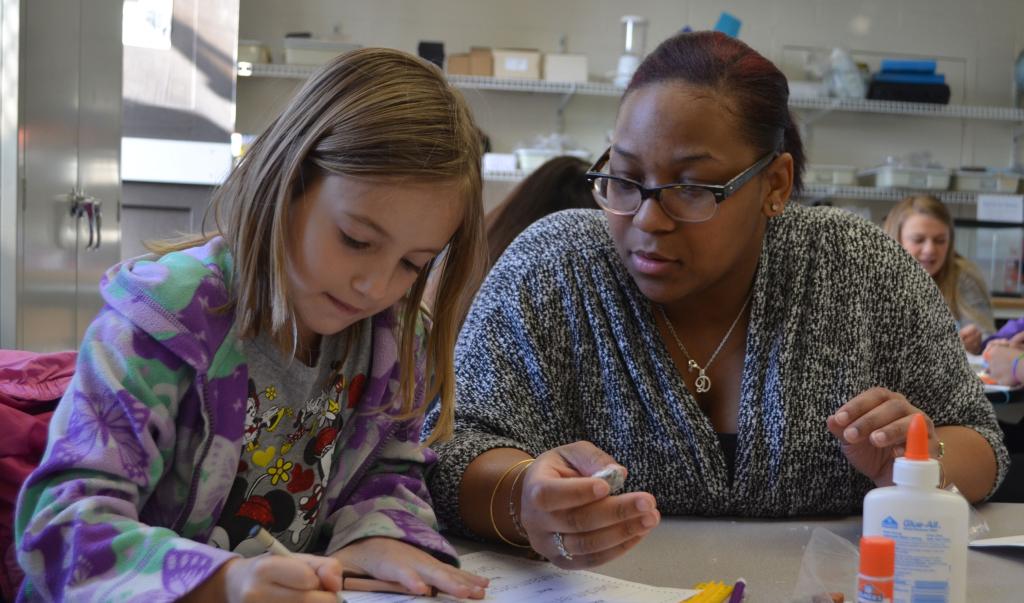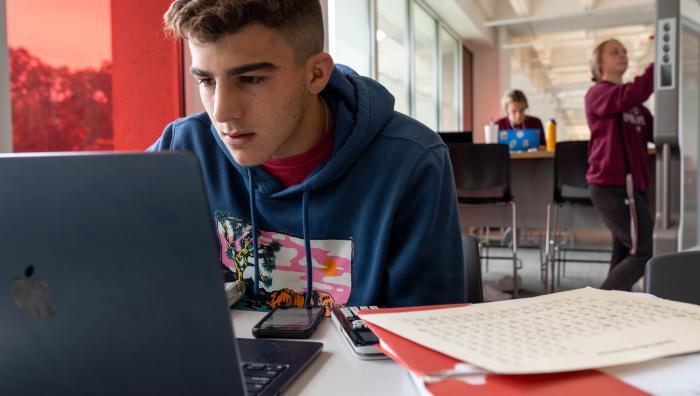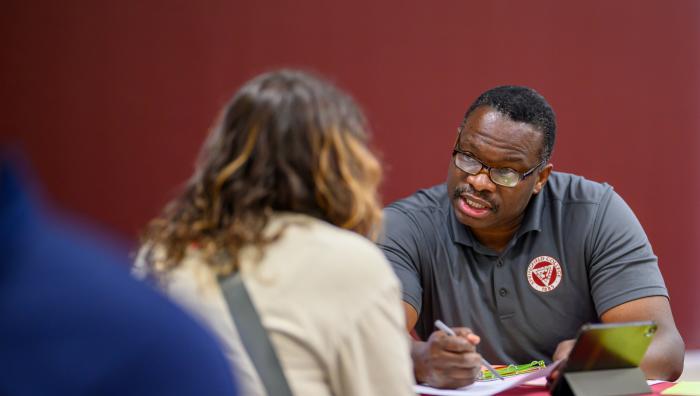Early Childhood Education
Bachelor of Science with Teacher Licensure
| About This Program | |
|---|---|
|
Program Contact
Mark D. McCarthy The Office of Educator Prep and Licensure can help answer your teaching license questions. |
|
|
Review our admissions requirements |
|
Curriculum and Delivery
|
|
| Graduate Success and Careers | |
| Paying for Your Education | |
|
Upcoming Events
Check back soon for upcoming events! |
|

Foster Curiosity and Growth.
In the Springfield College Education Major: Early Childhood Education licensure track, you will become licensed to teach students with or without disabilities in integrated public preschools, kindergartens, and first and second grades.
Students in this program gain an understanding of child development and teaching methods to support all young learners in developing skills (like literacy) and content knowledge (like STEM). The program curriculum is regularly reviewed to ensure it aligns with Massachusetts’ Department of Elementary and Secondary Education requirements, and that it prepares students for the realities of contemporary Early Childhood classrooms. Students also will complete field experiences in integrated preschools, kindergartens, and first and second grade classrooms throughout their four years of undergraduate study.
Springfield College early childhood education graduates are in demand, both for the preparation they’ve received as well as for their commitment to making a difference in the lives of others.



